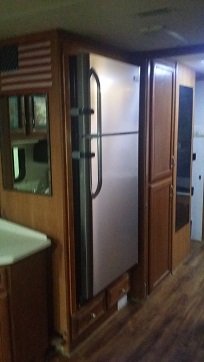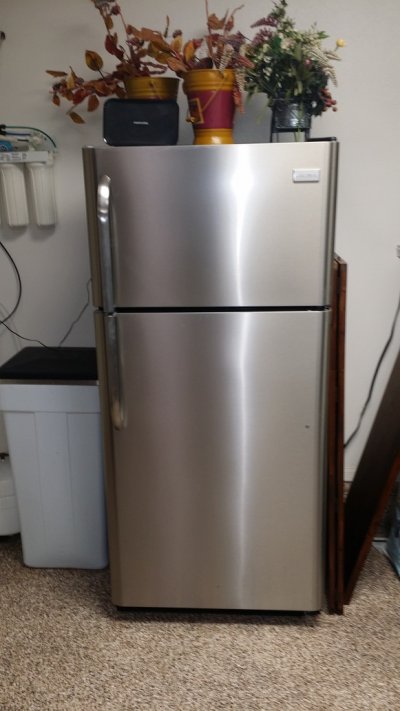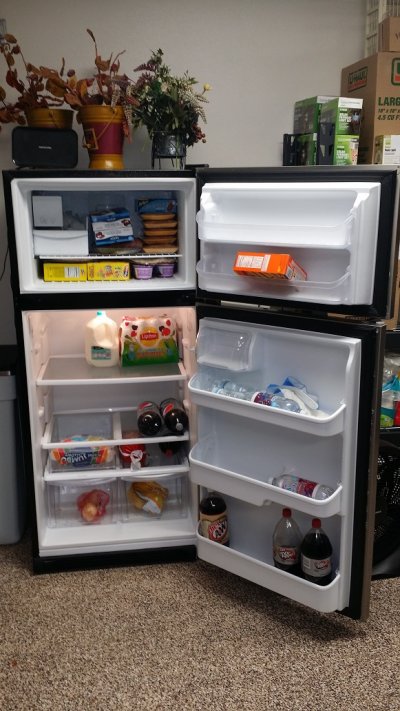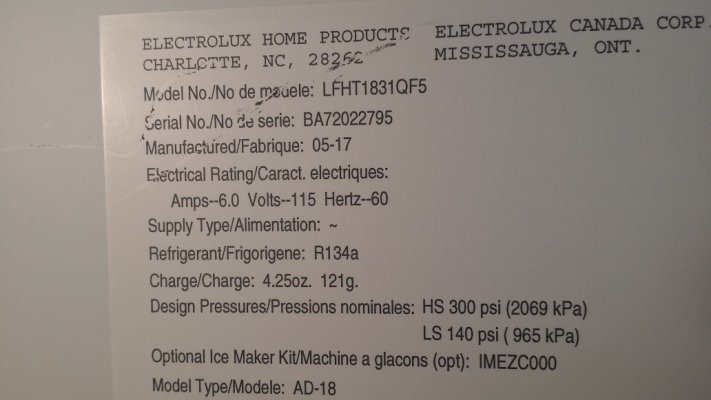Frank B
Well-known member
A comment in another post got me thinking....
http://www.rvforum.net/SMF_forum/index.php/topic,116719.0.html
I have long thought that putting a residential fridge in an RV was fine only if one stays in an RV park all the time. Generally, AC power is limited when boondocking, and propane is relatively plentiful.
However, when electrical power used by a residential fridge is compared with electrical power used by an absorption fridge, which is more efficient?
Anyone know?
I'd love to have a larger fridge, but we have limited choice in absorption types that would fit our unit. We boondock most of the time. We do have lots of solar. Is the residential fridge really more efficient in its use of electricity?
Thanks.
Frank.
http://www.rvforum.net/SMF_forum/index.php/topic,116719.0.html
I have long thought that putting a residential fridge in an RV was fine only if one stays in an RV park all the time. Generally, AC power is limited when boondocking, and propane is relatively plentiful.
However, when electrical power used by a residential fridge is compared with electrical power used by an absorption fridge, which is more efficient?
Anyone know?
I'd love to have a larger fridge, but we have limited choice in absorption types that would fit our unit. We boondock most of the time. We do have lots of solar. Is the residential fridge really more efficient in its use of electricity?
Thanks.
Frank.






